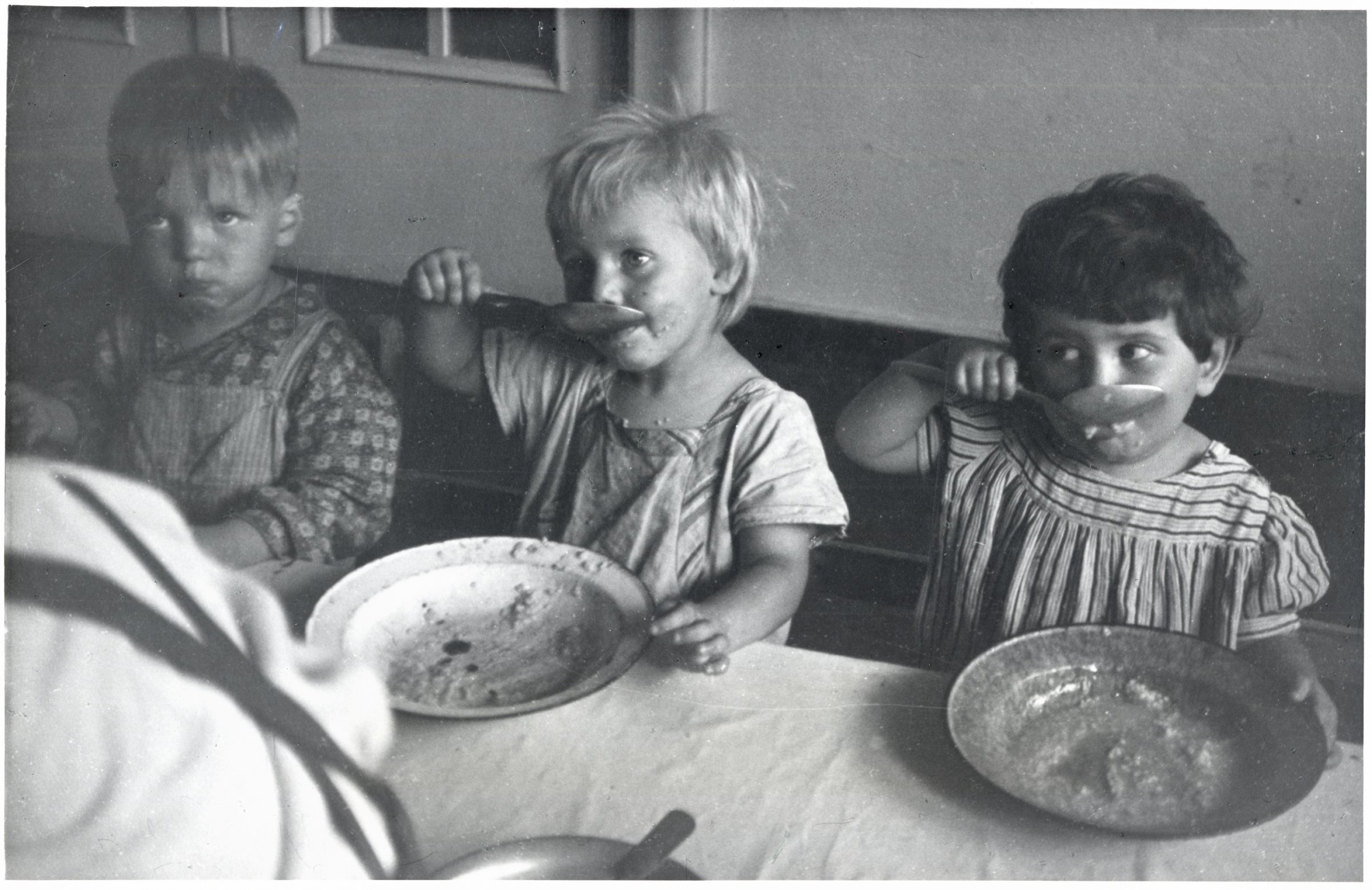
World War II was over—the killing was supposed to be done—when, 70 years ago, on July 4 of 1946, the Jewish residents of the Polish city Kielce were massacred. Many of the dozens of victims of the Kielce Pogrom were Holocaust survivors who had hoped to return to their homes once peace had come.
As TIME described the events the following week, a boy claimed to have seen a ritual murder of 15 Christian children by the residents of the city’s Jewish ghetto. “Jews were lured out of the building by men in army uniforms who promised them safe conduct, then turned them over to the mob,” the magazine reported. “Twenty-seven victims were taken to a nearby schoolyard and knifed, clubbed or stoned to death. Seven more were killed after being dragged from a train. At week’s end 41 Jews and four Gentiles were dead, and as many more were gravely injured.”
Of the 24,000 Jews who had lived in Kielce in the late 1930s, those who returned numbered only 200, by the count of the U.S. Holocaust Memorial Museum. (TIME’s count in its report from the week after the massacre was slightly higher.) Those who survived the pogrom, fled. John Scott, a TIME correspondent in the area, told his editors that he guessed that the entire nation of Poland would have no Jewish population at all by the time a year was up.
Get your history fix in one place: sign up for the weekly TIME History newsletter
One organization that helped many of those survivors was the American Jewish Joint Distribution Committee. The group—which had been working with Jewish communities in Poland since 1914 and had reestablished its offices shortly after the war ended—helped with evacuations, as well as providing emergency supplies, as seen in the JDC archival photos above.
“This was a sign that Jews could no longer live safely in Poland,” Linda Levi, the director of the JDC global archives, tells TIME. “Many who had hoped to return to Poland and live safely there changed their minds.”
The extensive records kept by the JDC during that time were a key link between those who left and the family histories they left behind. Or, rather, they would have been. In 1949, Levi says, Poland’s communist government told the organization that it was “no longer welcome to operate” there. Though staff members carefully packed up their papers from the Warsaw office for removal, they were confiscated. A few years later, the crates showed up in the basement of Poland’s Jewish Historical Institute.
“What happened to them specifically in the interim we’re not sure exactly,” Levi says. “We assume the secret police looked through them.”
For five decades, the papers sat there. Though researchers who were particularly motivated could visit the Historical Institute, that group was limited and, furthermore, the descendants of those who had fled could not easily access the documents and photographs (not including the ones seen here, which had already made it to New York before the confiscation took place) that could have provided important information about their family history.
A few months ago, that changed.
Working together, the JDC and the Jewish Historical Institute quietly put more than 500,000 pages of documents from that Warsaw collection online, where they can be searched. Interestingly, says Jeffrey Edelstein, digitization project manager, the fact that they spent so many years hidden away has proved to be something of a boon for future generations: whereas the normal archival process involves culling some papers and choosing what to preserve, these collections were preserved in their entirety. Now that they have been recovered, they reveal in detail how an area that was once home to thousands of Jews saw that population shrivel—and how the people who were there, including those working with the JDC, tried to make that flight a safe one.
“It was a time of obviously tremendous need and a lot of very significant help happened,” says Levi. “This collection is a testimony to all of those activities.”
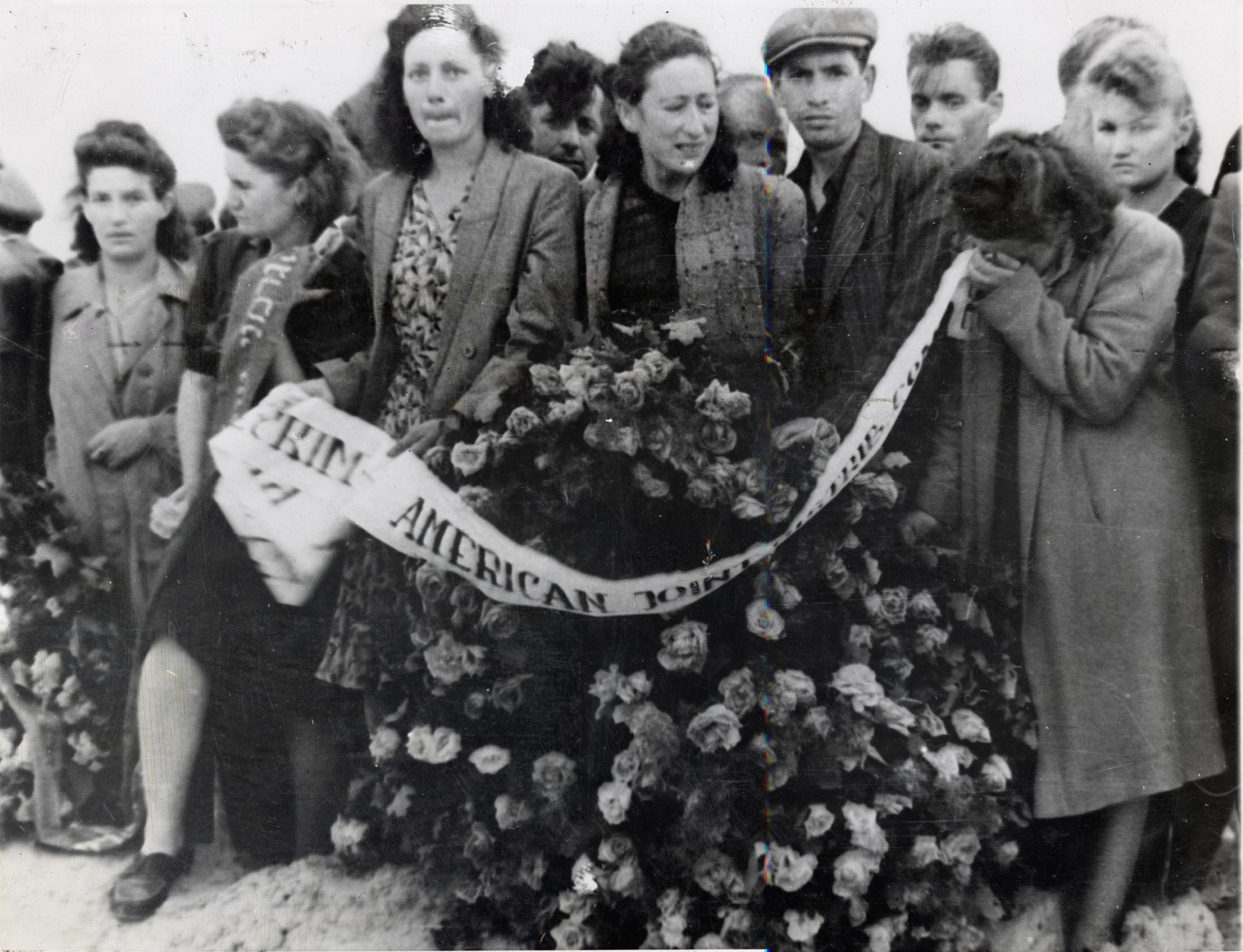
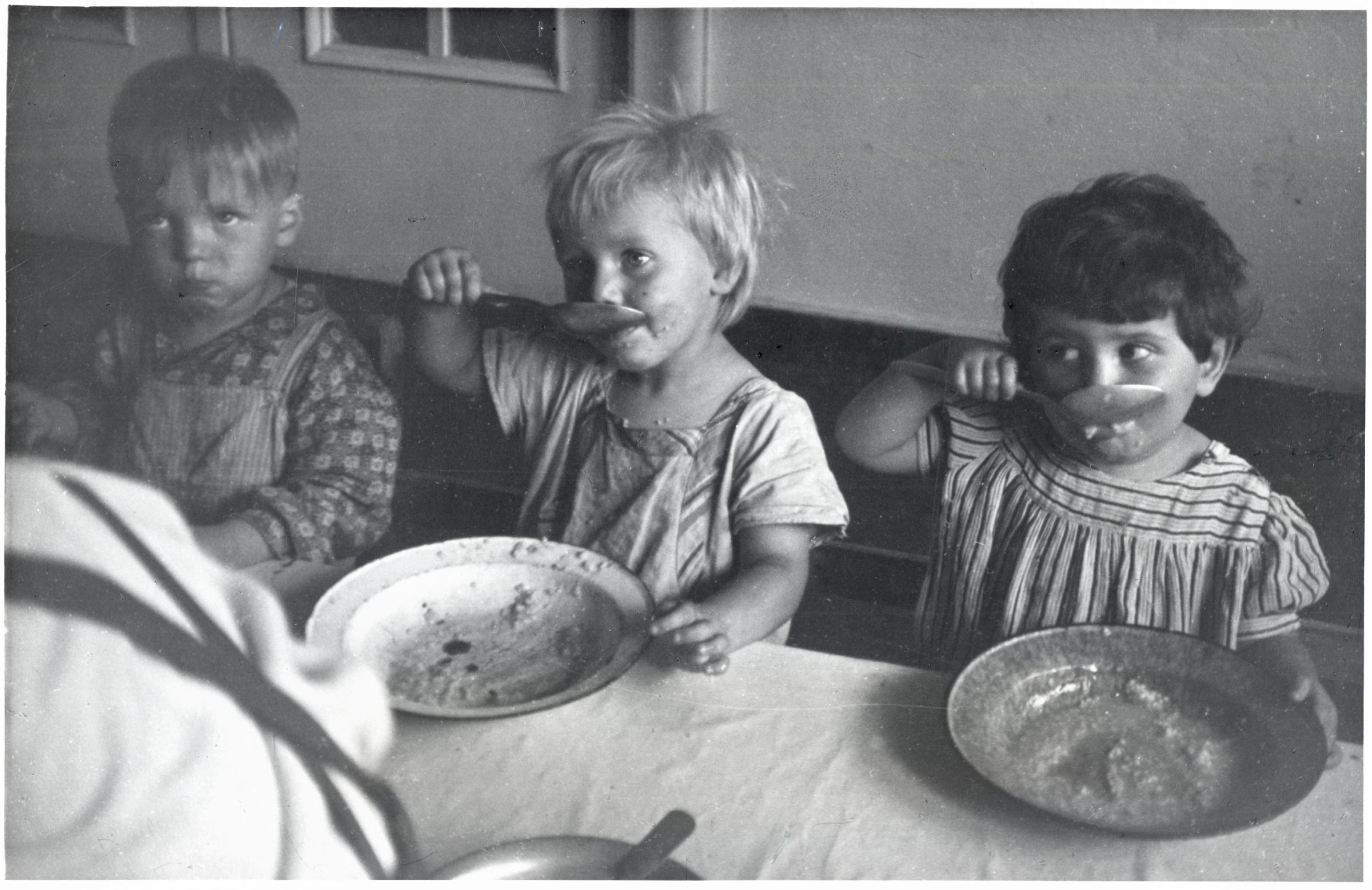
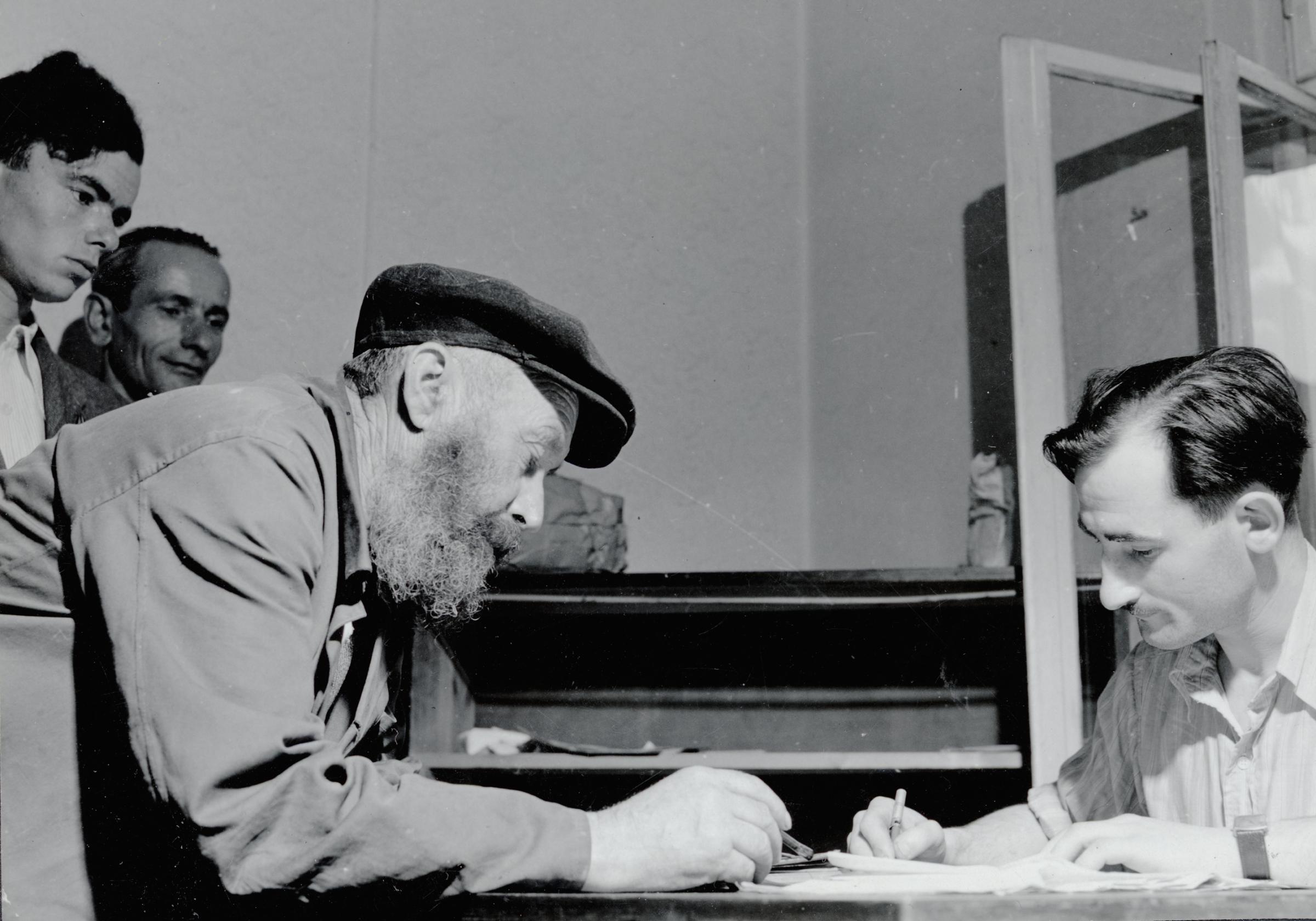
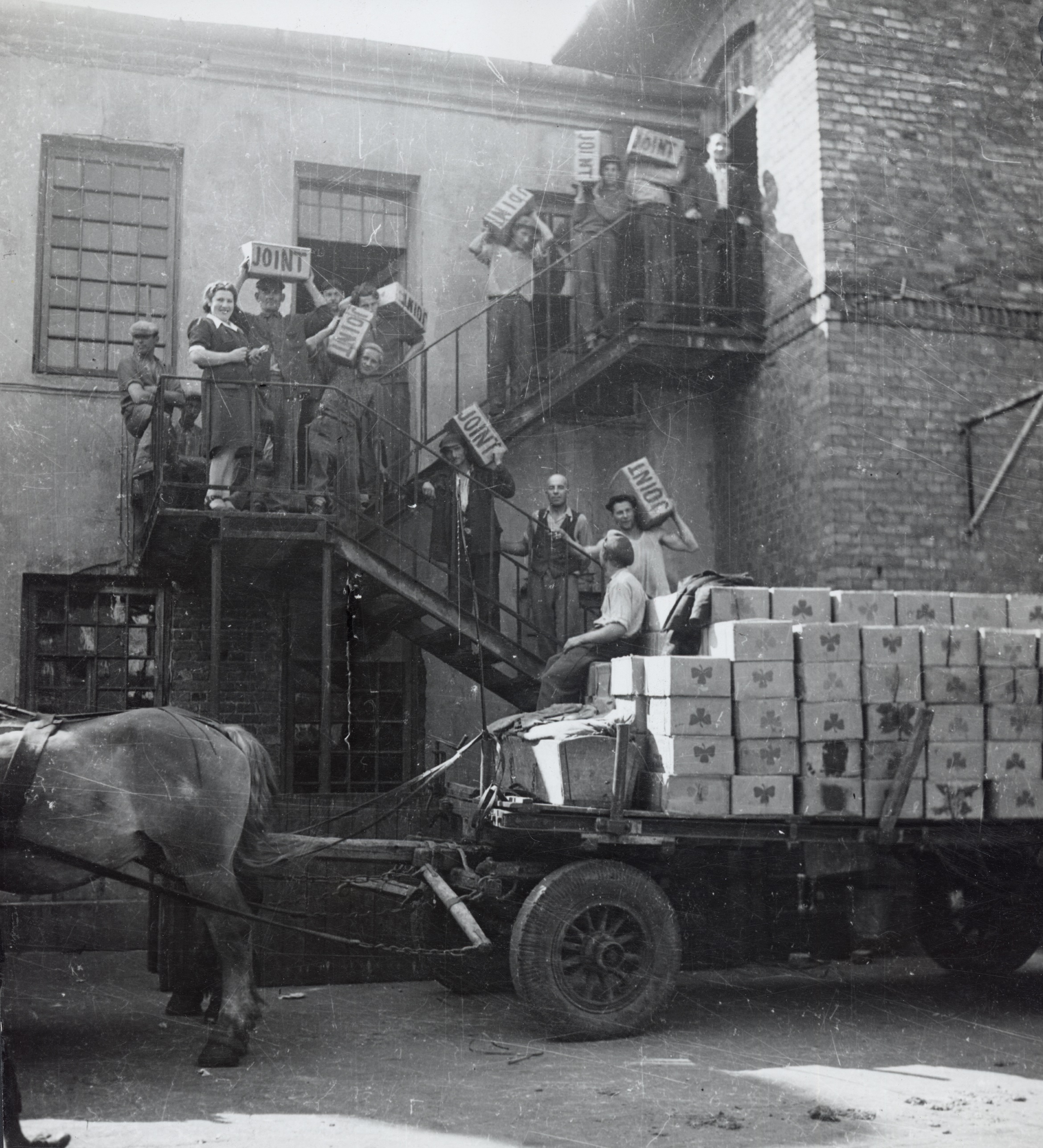
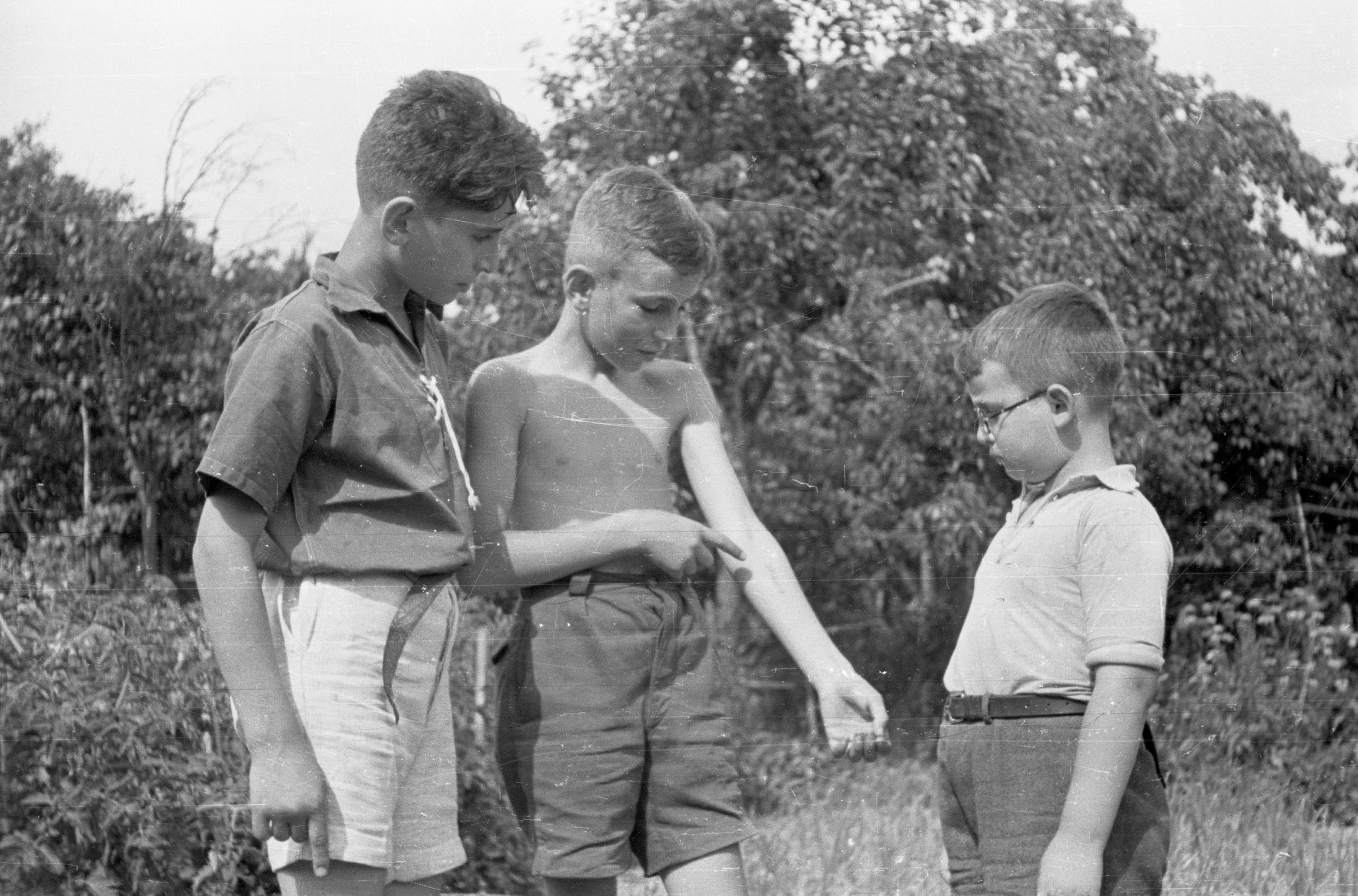
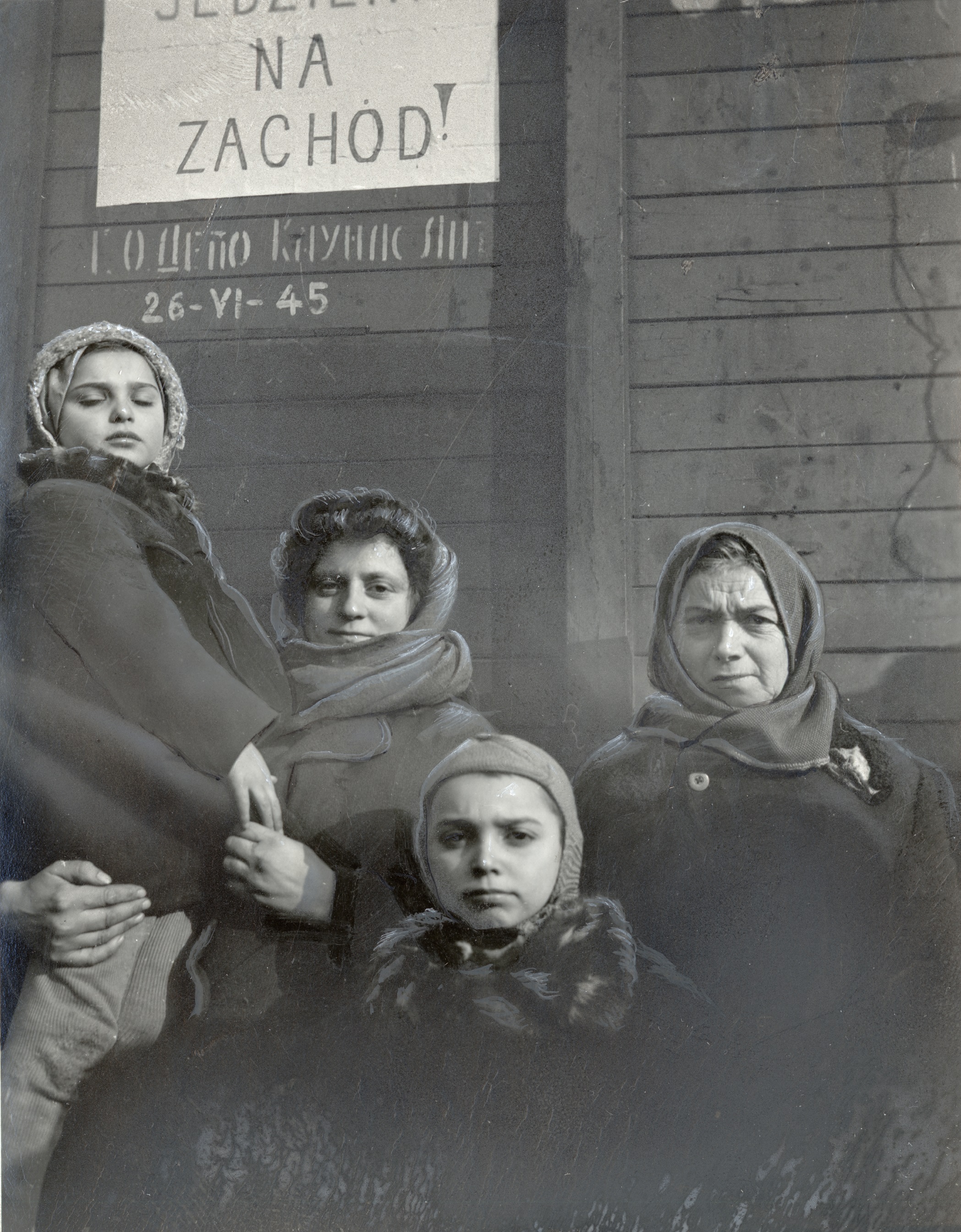
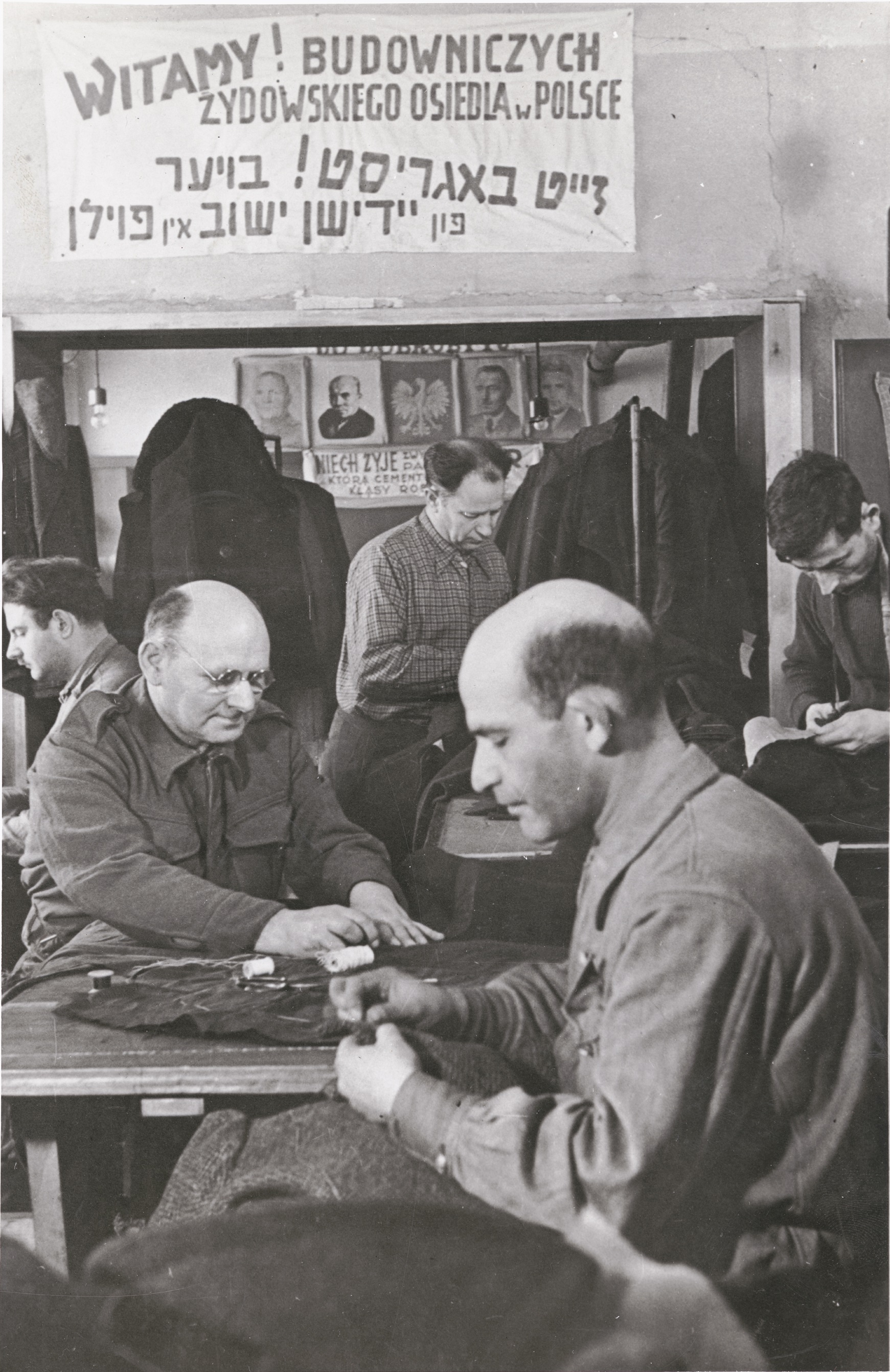
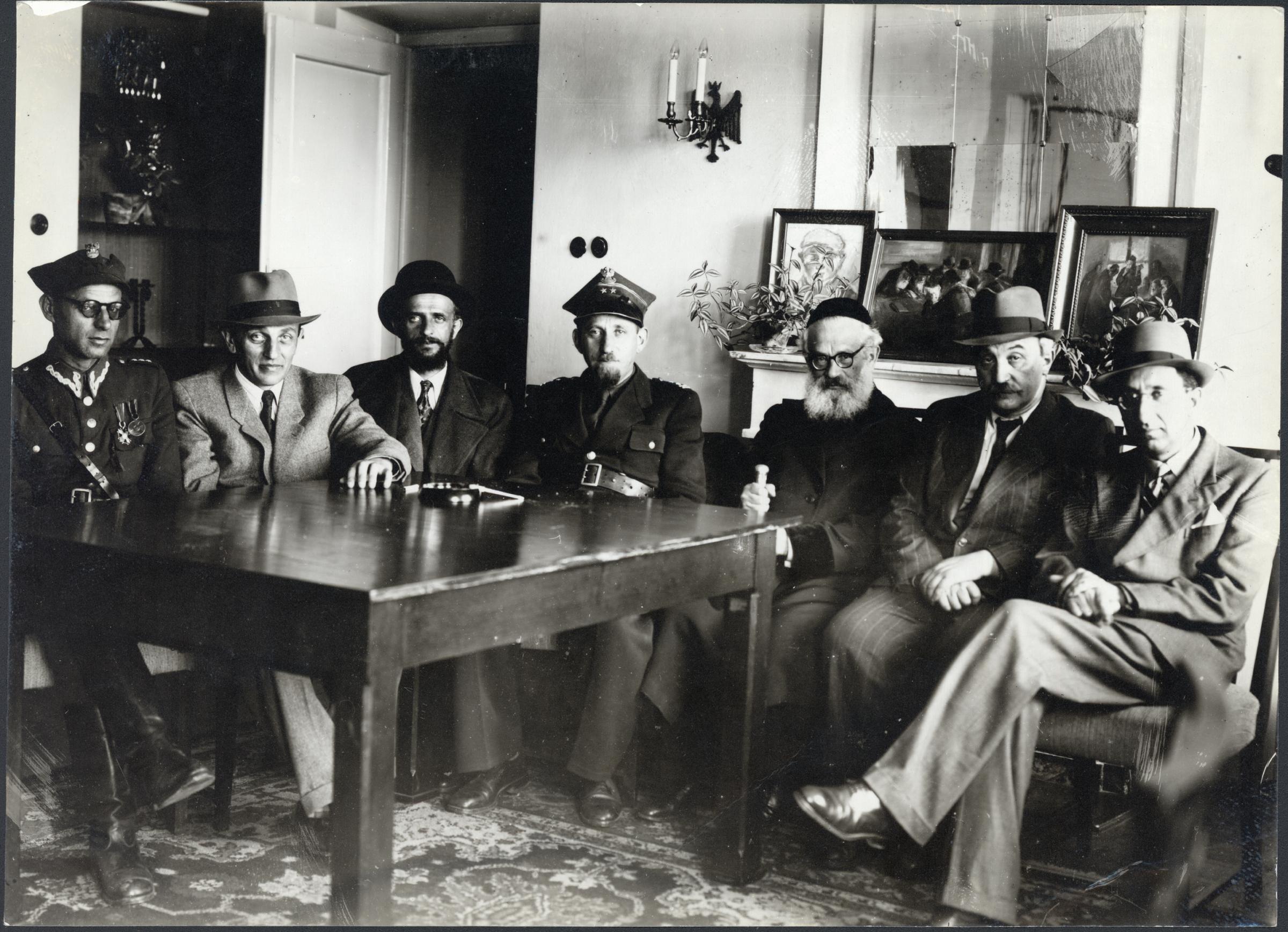
More Must-Reads from TIME
- Donald Trump Is TIME's 2024 Person of the Year
- Why We Chose Trump as Person of the Year
- Is Intermittent Fasting Good or Bad for You?
- The 100 Must-Read Books of 2024
- The 20 Best Christmas TV Episodes
- Column: If Optimism Feels Ridiculous Now, Try Hope
- The Future of Climate Action Is Trade Policy
- Merle Bombardieri Is Helping People Make the Baby Decision
Write to Lily Rothman at lily.rothman@time.com